Entregar a Argentina
IPara la mejor experiencia Obtener la aplicación
Servicios al cliente
Sobre nosotros
Copyright © 2024 Desertcart Holdings Limited


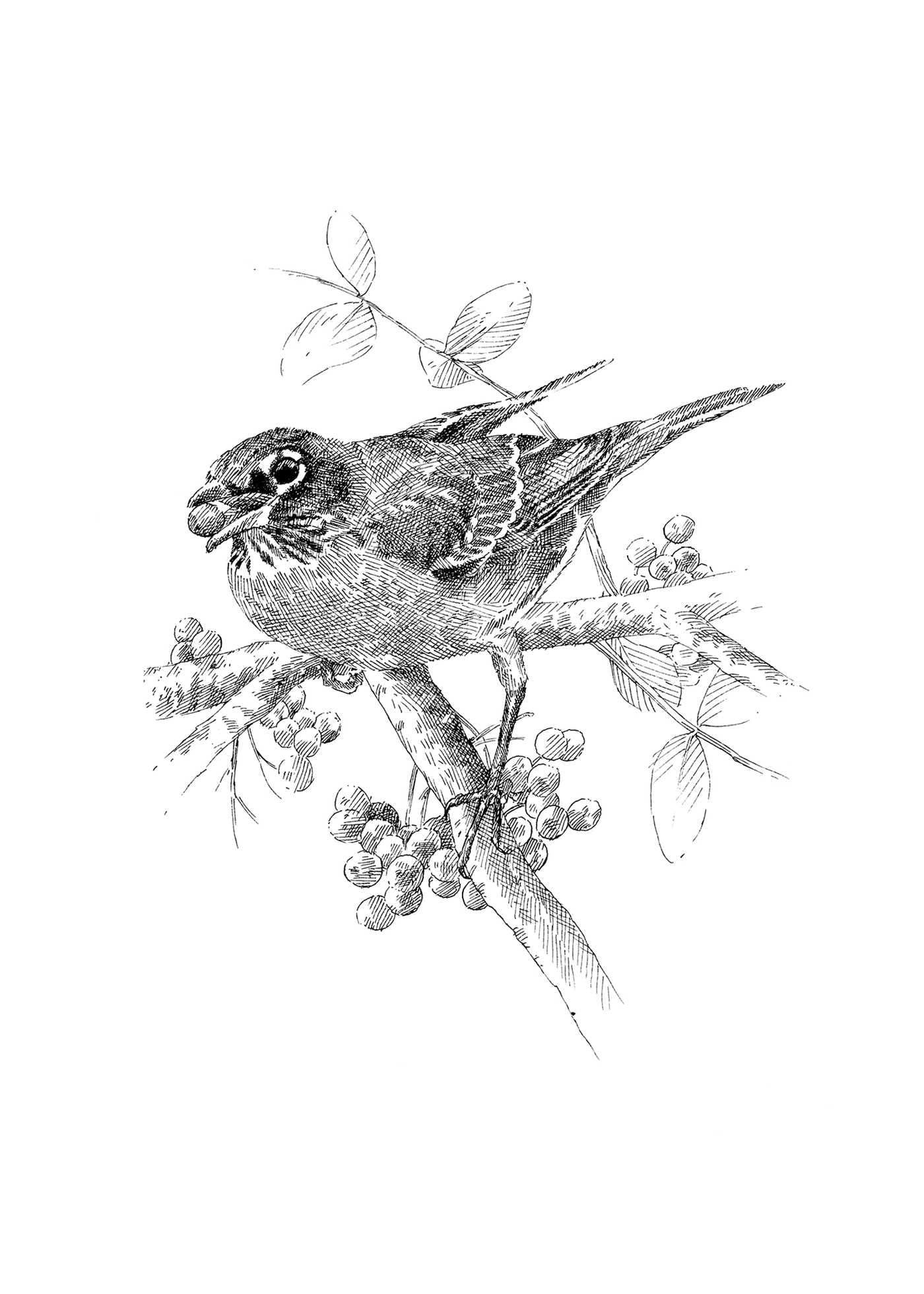
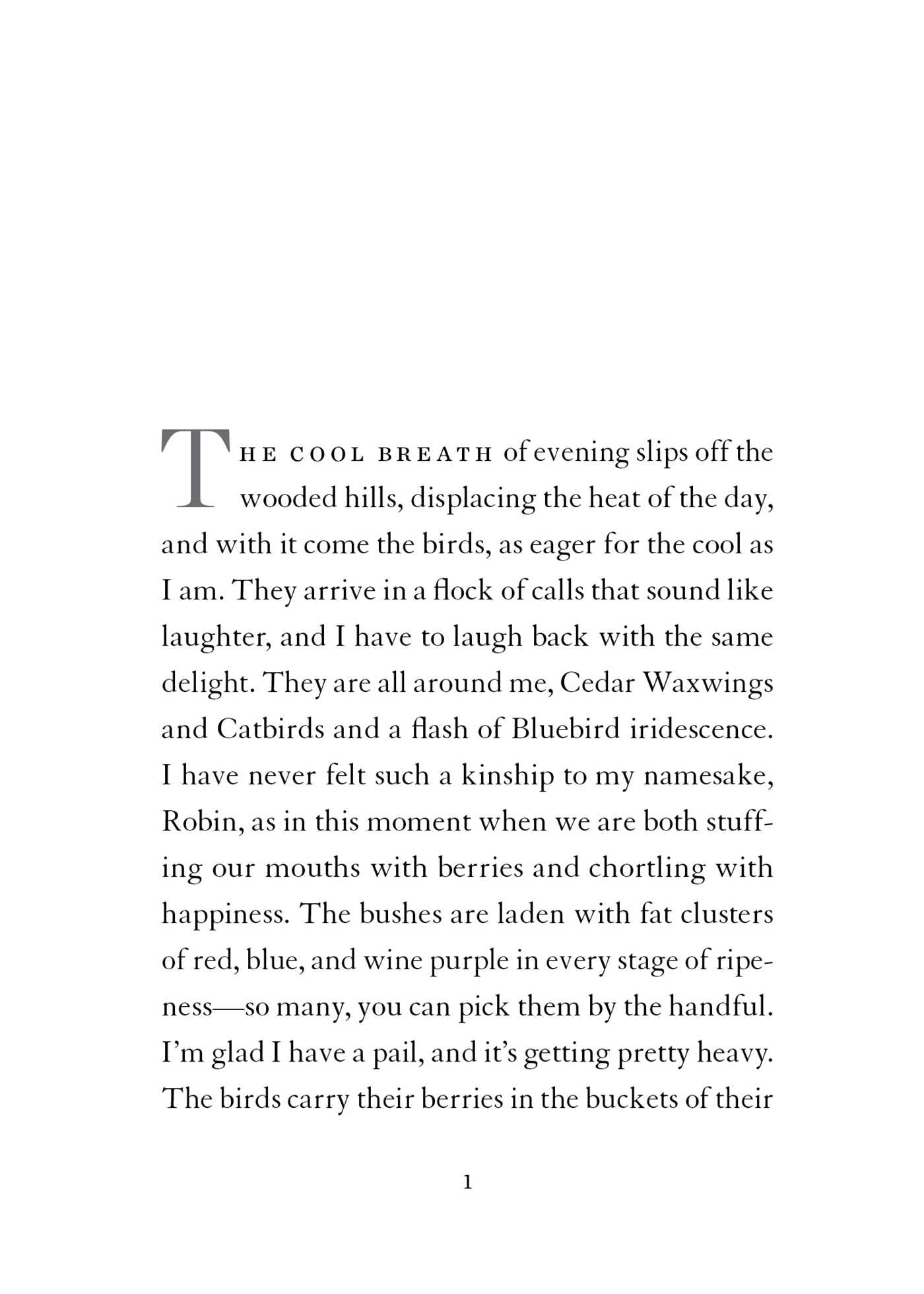
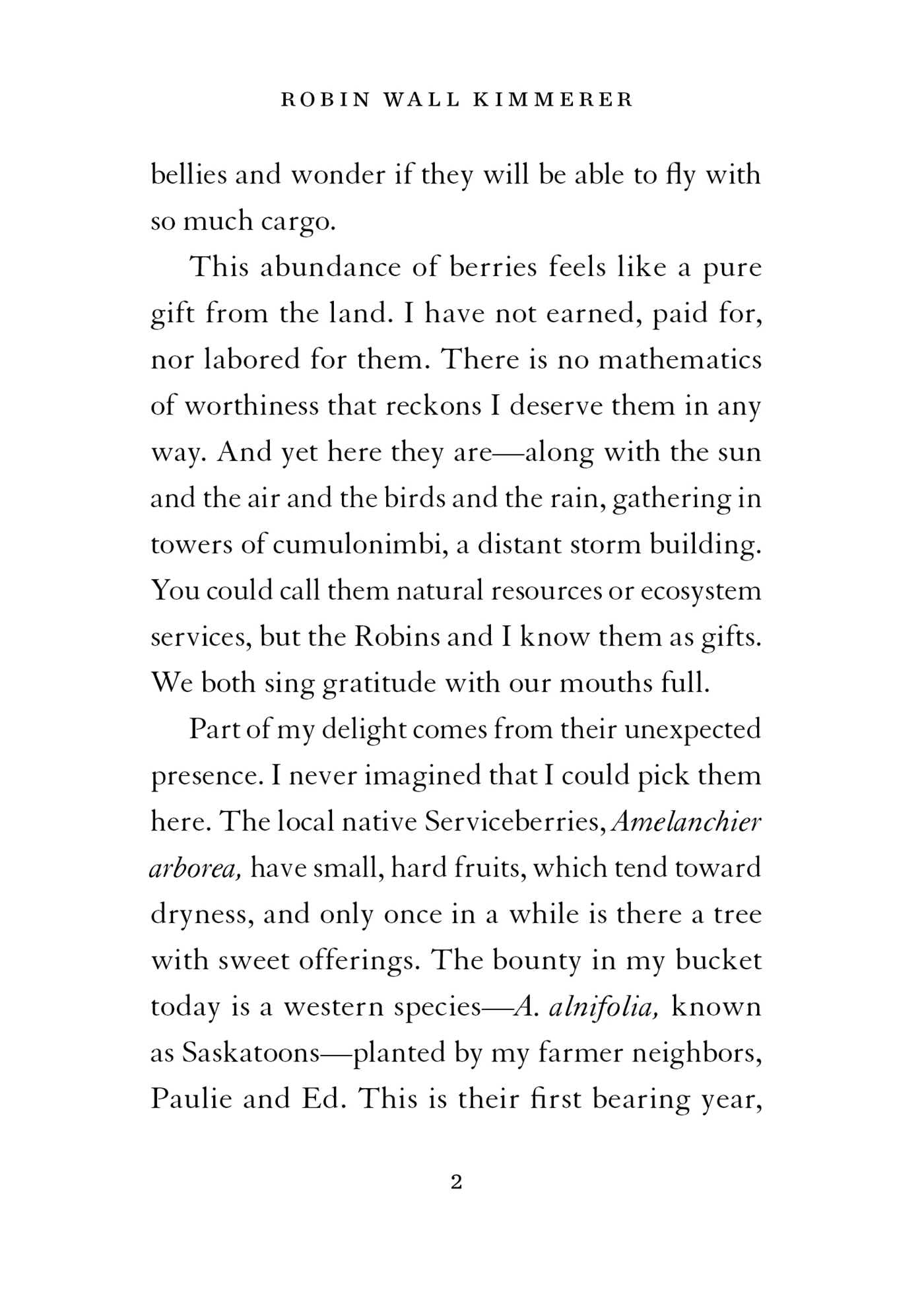
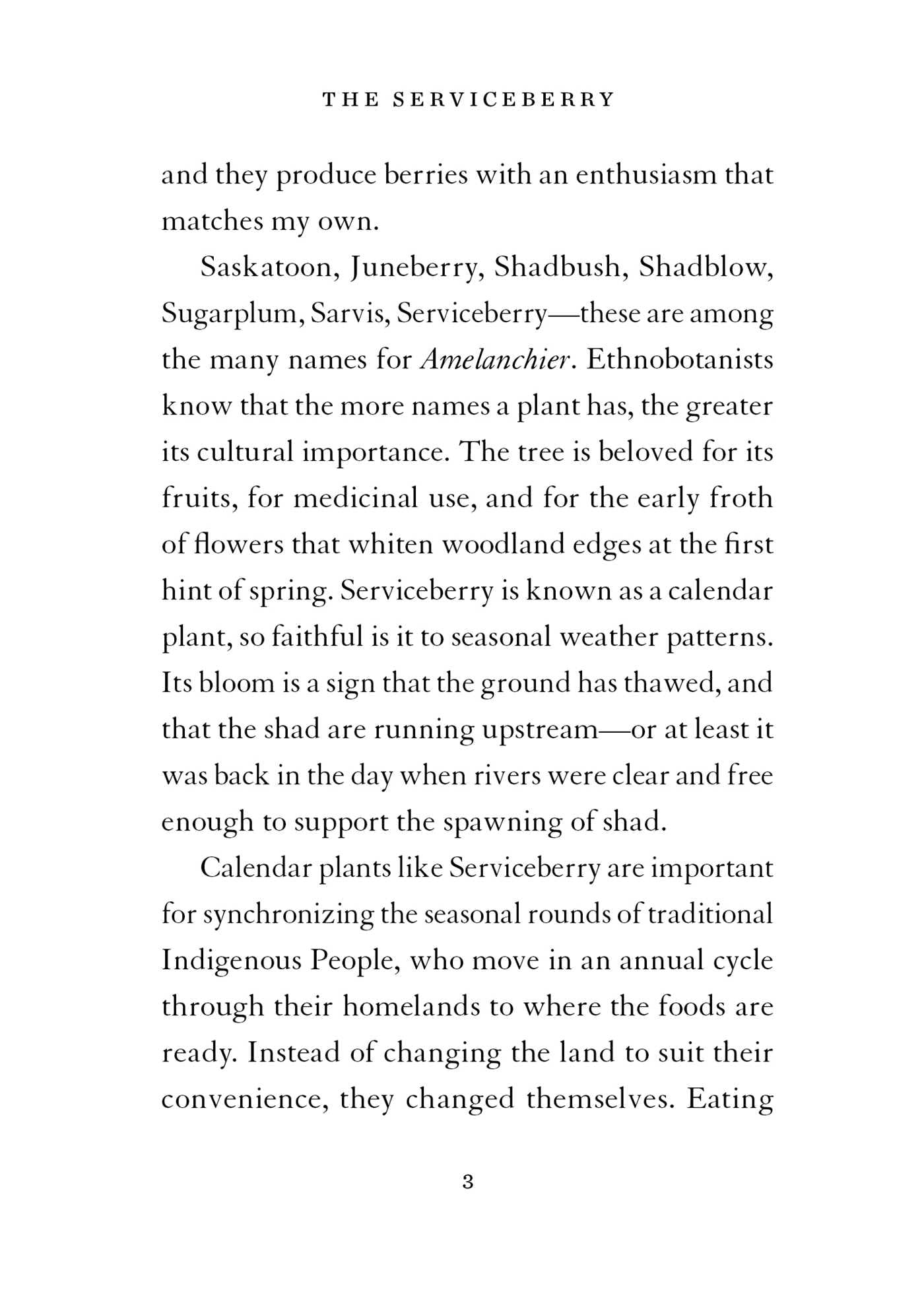
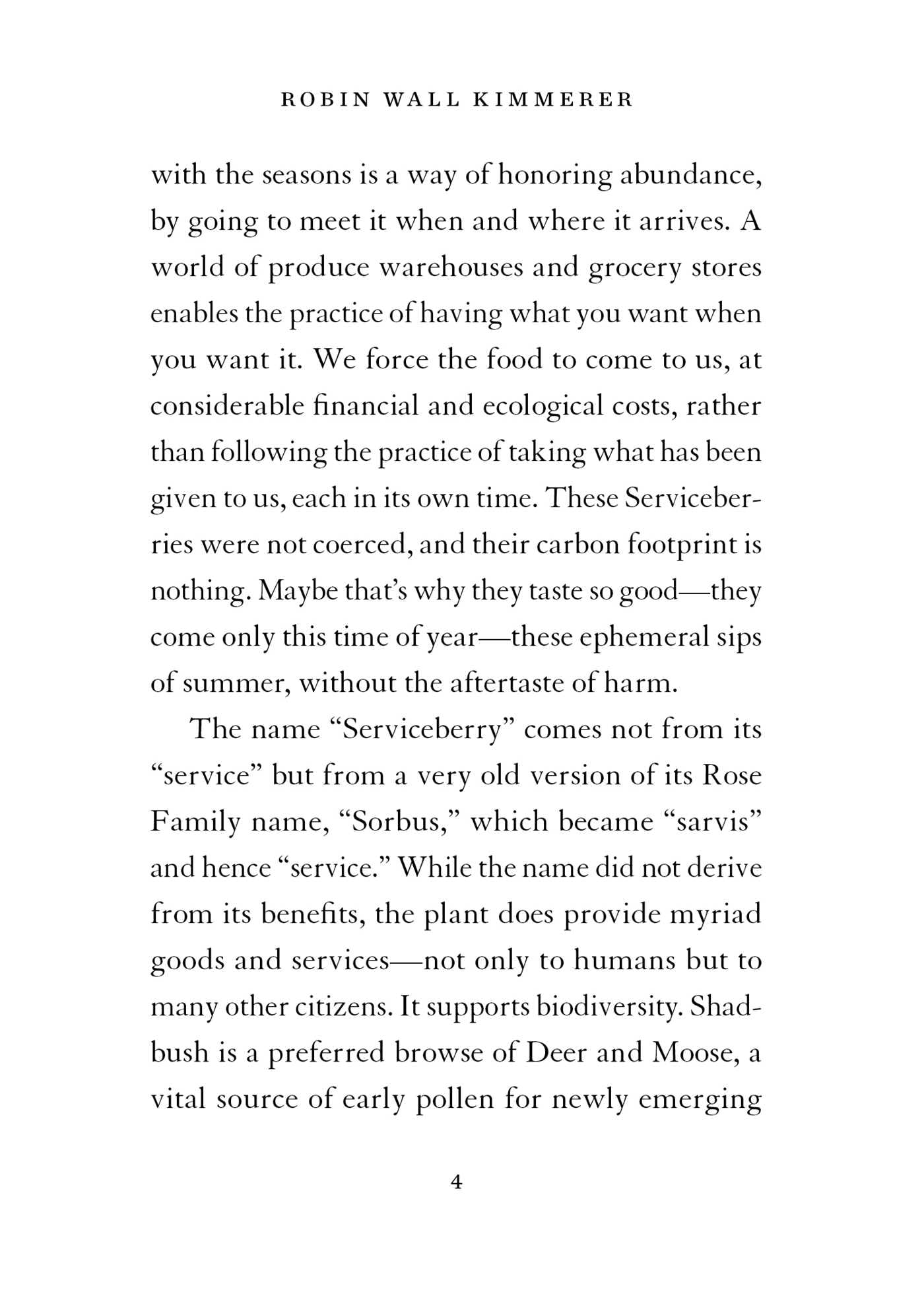
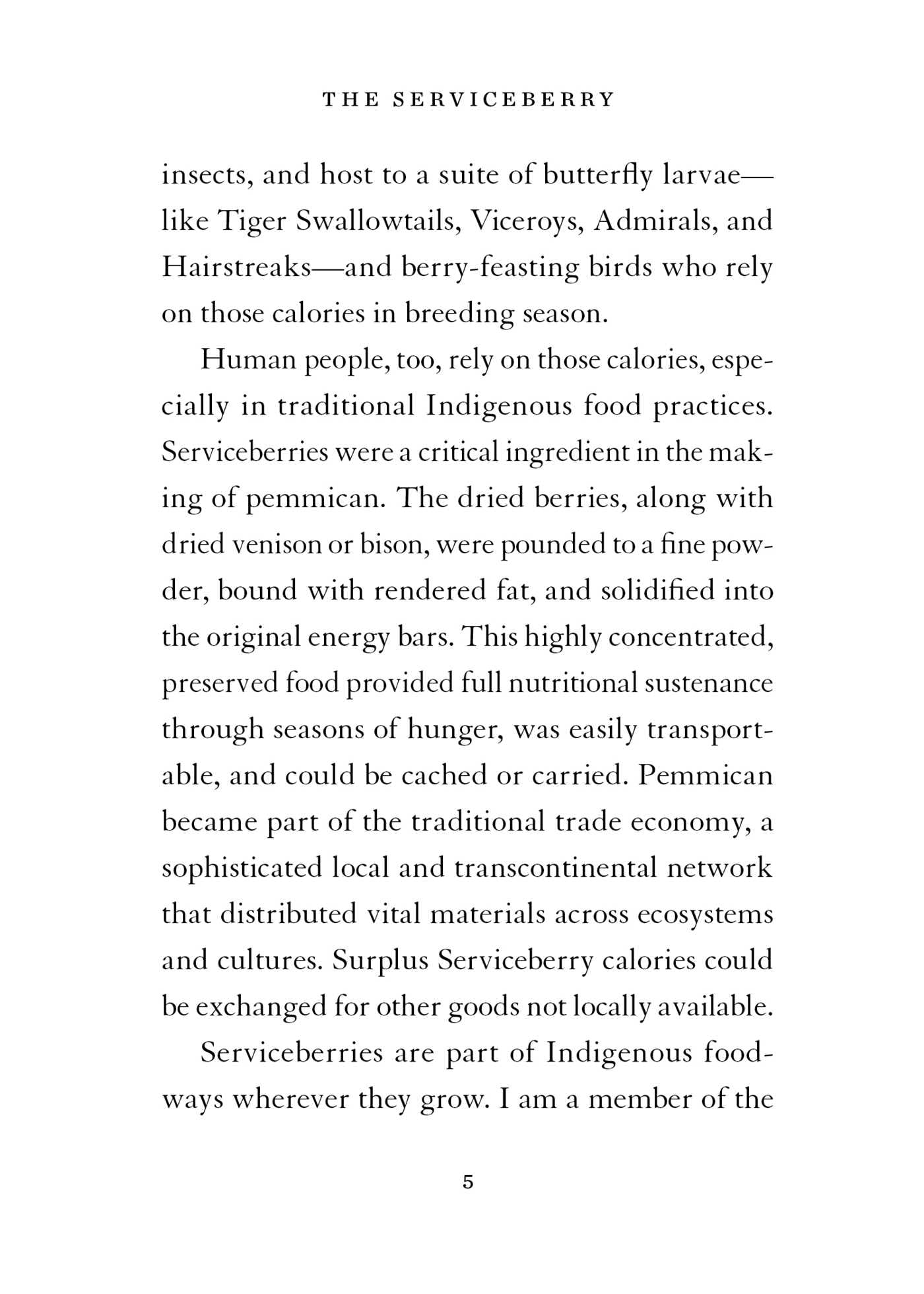
Full description not available

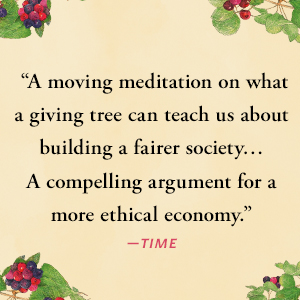
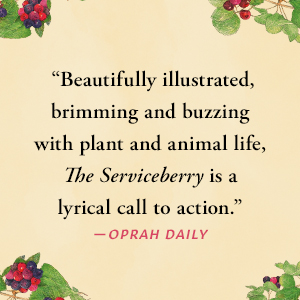
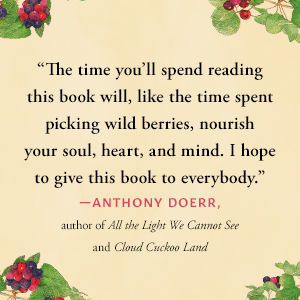
M**M
This is a perfect book
I ate up this book in one sitting. It was something that I could do and wanted to do. The author's writing is concise, easy to read and deeply profound. It is a good size, feels good in the hand and forever referred to again and again. It is a perfect book to share in these times -- both in size, texture, price, appearance, and most importantly, in spirit. It is a gift that will keep giving and we circulate its implicit inspiration for connection, sharing and gratitude. Thank you to Robin Wall Kimmerer and all the many people who helped bring this beautiful book to my doorstep.
K**L
Lovely book.
Touching with healthy teachings, a joy to read.
S**.
Very good
Short and to the point but very well written and definitely makes you rethink how you live your life.
N**Y
Touched My Heart
This brand new book is a delightful and fresh look at our relationship with nature and with ourselves. It explores the idea of a gift economy, rather that the dominant scarcity economy of American society. Kimmerer is the author of the provocative and groundbreaking Braiding Sweetgrass: Indigenous Wisdom, Scientific Knowledge and the Teaching of Plants. She explores ethnobotany and the human condition from both the viewpoints of her native American heritage and her professorship in environmental and forest biology at the State University of New York.We are in a crisis of a lack of respect for the Earth as a spiritual being, and she urges us to go beyond just consuming. Instead, be thinking of ourselves as being grateful, to be givers and in that practice, receive abundance. She speaks of seeking a culture of reciprocity and gratitude, and to be gift givers of both cultural and ecological value, rather than consumers of material goods.Giving on a small scale builds community, and a culture of a purpose-driven life, and being grateful.I found her message to be one of deep hope, of building respect for ourselves, each other, our community and the natural world, of which we are a vital part. We should practice practical relevance. It is a book that refreshed me and gave me excitement and a fresh approach to our community life.“The prosperity of the community grows from the flow of relationship, not from the accumulation of goods.”“I want to live in a society where the currency of exchange is gratitude and the infinitely renewable resource of kindness, which multiplies every time it is shared rather than depreciating with use.”
M**T
Deeply thought filled read
Beautiful writing of how nature gives and receives in life as an example to how we humans should live.
D**A
berries connection
I loved this book; the author’s voice and thoughts are very soothing. As a Palestinian, I agree with everything she said. I was raised by farmer grandparents. I love the land and community life style of food gifting. Such a beautiful take on studying animals and every creature’s role in making our life in general, a good life. We complete each other.One note, though, she said something many people say, but she's different, and I want to advise her, saying "anyone is richer than God" is a huge insult to Him, and it shows no understanding of who He is. No one is richer than the creator of all. Allah owns everything, including us.
T**N
Enlightening Ideas but Unworkable Economics
I have good things to say about this book, but I also have some concerns about the book. The author delivers a lot of insightful thoughts and ideas, which I think we should pay attention to. For example, about private property. The author questions whether it is reasonable to claim a piece of land as yours and only yours in every respect, to do whatever you like with it. I agree with her.In my native country Sweden there is a law, which allows people to walk, hike, pick wild berries, flowers, and mushrooms, bicycle, ride, ski, and camp, on private land. You just need to stay 200 meters away from any dwelling. The landowner has the right to his farm field, minerals, etc., but he can’t prevent people or animals roaming on his land. This law does not interfere with economic activities, at the same time as it gives people a lot of freedom. It is a better way of viewing property rights and people love it. In Texas, where I live now, 95% of the land is privately owned and access is very restricted. There are historical reasons for this, but the result is that Texans are a less free than Swedes regarding access to nature. So, I agree with her on this point. How we view private property can be improved.She also speaks about the gifts that nature gives us humans and animals. We should be grateful for these gifts and give something back to nature. Is it right for a landowner to claim a waterway as his own and prevent animals and other humans from using it, or pollute it? She questions whether it is right for us to dump pollution and carbon emissions into the atmosphere and waterways as if they were our private waste baskets, and she brings up the climate change we are causing. The way we exploit, and damage nature is something that needs to change, and in that regard, the indigenous cultures she refers to are ahead of most of the rest of us. I agree with her that the mindset that claims permission to convert a gift to private property is faulty. I also agree with her that all flourishing is mutual. She says that we need to decarbonize our economy, and I wholeheartedly agree.However, I found her discourse on the so-called gift economy to be a bit uninformed. We are 8 billion people on the planet, and without modern (non-organic) farming techniques we could not feed 8 billion people. If you go back several hundred years (or thousands of years) half of all the kids died before the age of ten, and poverty, violence and disease was extreme, and there were only a few hundred million people on the planet. We cannot go back to living like indigenous tribes once did.On page 12 she implies that there are people starving because some take more than their fair share, but that is not accurate. People are starving because of logistics, bad government, wars, etc., and a lot less people are starving now compared to the past largely because of the market economy and modern technology. Her claim on page 35 that a gift economy would generate sufficiency for all does not seem plausible and she does not provide any evidence for that claim. She admits that she does not know much about the market economy and yet she extensively criticizes it. I agree with her that we need to change how we think, and the market economy needs to change as well, but completely replacing it with her somewhat fuzzy vision for a gift economy is something I don’t believe is feasible.
P**N
Great short read.
Robin is one of the best writers I have read. She has a grasp of the unity of all things that few others have but she doesn't present it in a preachy, new age way but more as a way of living, as being a part of an ongoing pageant of life.
Trustpilot
Hace 1 mes
Hace 2 días
Hace 1 semana
Hace 1 mes